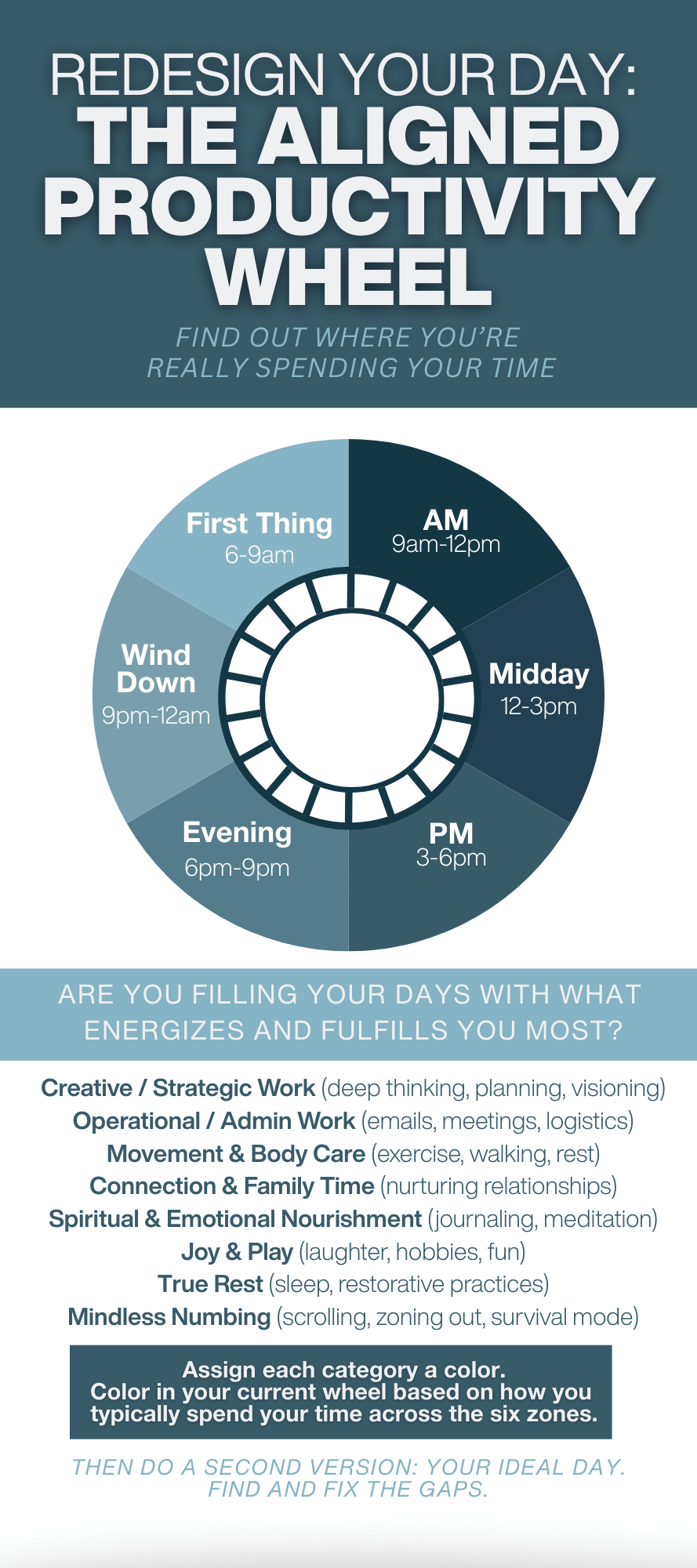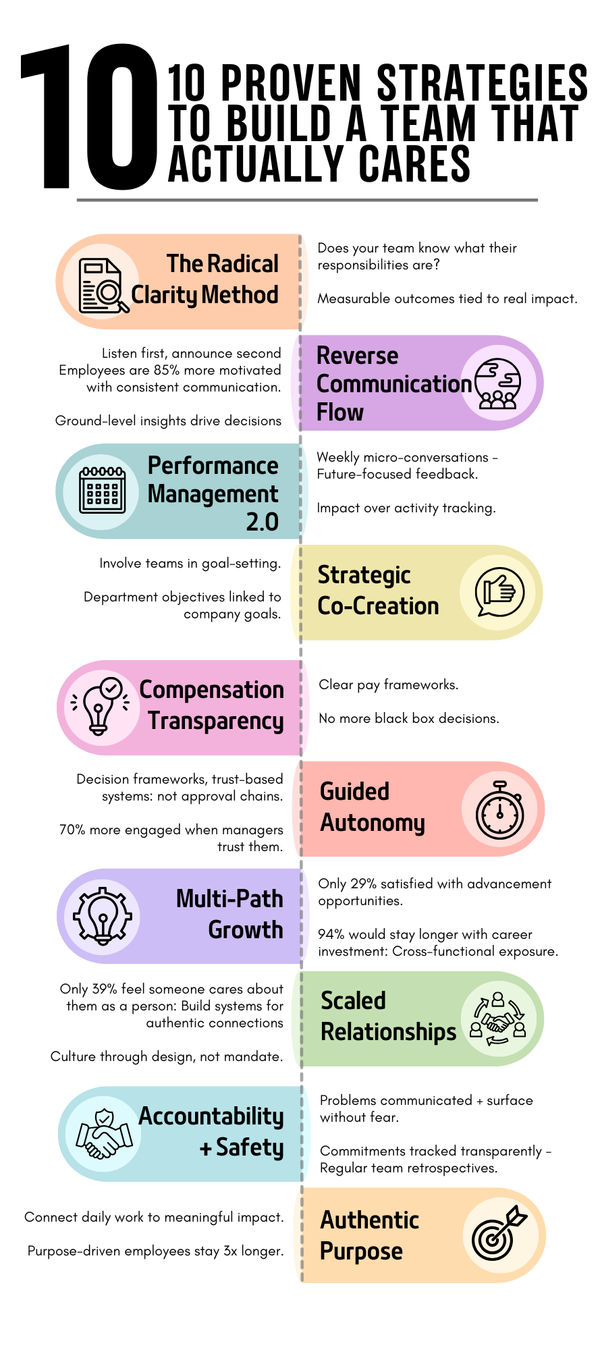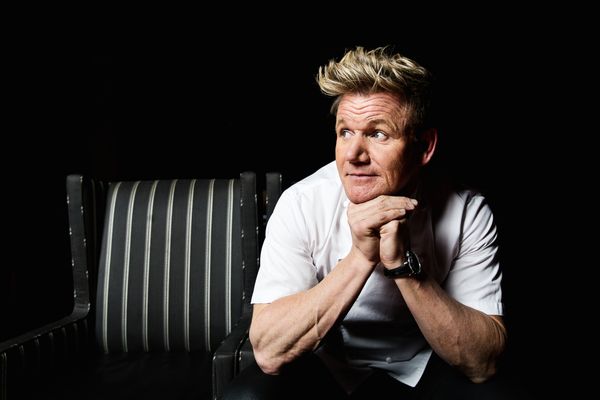
We know how much time, practice and dedication it takes to achieve mastery of any given skill. But there's another component to mastery that doesn't get the press and attention it deserves: rest.
K. Anders Ericsson, a psychologist and professor at Florida State University, has conducted a series of incredible studies on high performance. He found that elite performers don't just practice more than average ones -- they also rest more.
His research followed elite and good-but-not-great violinists. The ones who would go on to become professional soloists practiced 3.5 hours a day, on average, split between three 60- to 90-minute sessions. They frequently napped between these sessions, for a total of three napping hours per week.
The average performers didn't rest between their practice sessions, which were an average of 1.4 hours per day.
Contrary to popular belief, elite performers require more sleep than the average, not less. A separate study by the American Academy of Sleep Medicine followed Stanford University student-athletes from the swimming team. In the first two weeks, the athletes kept to a typical sleep routine. Over the next six to seven weeks, the athletes slept for 10 hours. Their sprint time, reaction time, turn time and kick strokes all improved significantly.
"High performance requires more sleep because it involves higher rates of learning and sometimes physical growth," writes Dr. Christine Carter, a sociologist and happiness expert at Berkeley. "When we are awake, adequate sleep allows us to focus our attention on our practice; when we are sleep deprived, our overworked neurons become uncoordinated, and we start having trouble accessing previously learned information."
You may not be able to take a full-blown nap at work, but prioritize rest in any form throughout your day. Even a brief walk around the office can do wonders in helping your brain reset.










Member discussion